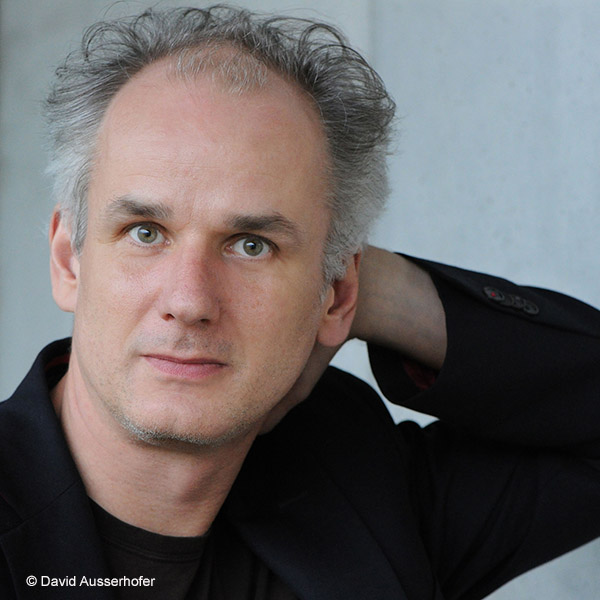Current Interview: Professor Nikolaus Rajewsky, Director of the Berlin Institute for Medical Systems Biology at the Max Delbrück Center for Molecular Medicine in Berlin

Ten years ago, you founded the Institute for Medical Systems Biology (BIMSB) at the Max Delbrück Center for Molecular Medicine in Berlin and have been its director ever since. What does systems biology mean and what effects does it have on medicine?
Systems biology is about understanding complex biological systems as a whole. These can be single cells or individual organisms, but also entire species. Describing a system on different, interacting levels requires the symbiosis of different disciplines such as mathematics, bioinformatics, molecular biology, biochemistry, and engineering. And modern, high-throughput methods are needed to sort through the massive amounts of biological information in a short time. This includes the analysis of RNA in millions of individual cells and their (epi-)genetic information. But imaging methods are also used and provide insights into tissues with unprecedented precision. With the analysis of complex systems such as the human body, systems biology is at the interface between the life sciences and medicine and forms the basis for precision medicine.
Together with Professor Geneviève Almouzni of the Institut Curie in Paris, you are coordinating the LifeTime Consortium, which is to be launched as the EU's new Future and Emerging Technologies (FET) flagship project. What exactly is a FET flagship?
FET flagships are ambitious research initiatives receiving millions in funding over 10 years from the European Commission and its member states. It will involve scientists and companies in various disciplines in many countries. LifeTime is supported by more than 50 leading European scientific institutions and more than 60 companies who share a common vision of addressing the major scientific and technological challenges that cannot be solved individually. Examples of FET flagship projects already funded by the EC are the Human Brain Project, Graphene, and Quantum.
With the funding comes high expectations. How will the LifeTime initiative revolutionize medicine?
LifeTime will bring together and develop new breakthrough technologies such as single-cell multiomics, modern imaging methods, machine learning/artificial intelligence, organoids, and CRISPR-Cas and apply them to human diseases. This will make it possible to understand and predict the course of a disease in an individual patient. We will be able to measure, model, and predict the molecular changes of cells in tissues and whole organisms as a disease progresses. In the long term, the technologies developed will help inform physicians about the patient's molecular history and probable future of their tissues and the consequences of medical treatment. This should enable earlier diagnoses and effective intervention. Our goal is to establish European excellence and innovation for the long term and deliver real progress to humankind. We have known the human genome for many years now, but we still know very little about how individual cells read this genome and how they fulfil their biological function. The heterogeneity of human cells has so far made it extremely difficult to reveal this great secret. With existing methods, only the mechanism of many different cells could be analyzed. New methods have emerged that will solve this fundamental problem and actually revolutionize theoretical and clinical research.
And you will be working with these methods?
We want to develop these new methods in practice and apply them to the progression of human diseases. This will enable us to understand when and why cells become ill and predict how cells can be put back on the "right track." In order for us to succeed in this, it is not enough just to continue developing individual cell methods and generate enormous amounts of biological and medical information. It will also be necessary to use machine learning to interpret this data and generate hypotheses that we will test in organoids and other high-throughput disease models. Ultimately, we believe that in, say, ten years we will be able to detect diseases much earlier. In addition, we will understand the genesis and development of cells in a patient's tissues, enabling us not only to find new therapeutic targets, but also to predict which therapies will be optimal for the patient.
What are the next milestones you've set?
Our preliminary application was extremely successful in the first application round. At the moment we are waiting for the next decision of the European Commission. If this decision is positive, we will work out LifeTime's vision in detail within the next twelve months. This includes drawing up a concrete implementation plan that will be widely supported by the scientific community and our industrial partners. One or two projects will then be chosen as FET flagships. At the moment we are also preparing the first LifeTime conference. It will take place on May 6 and 7 in Berlin and bring together scientists from all over the world to tackle the goals of LifeTime.



